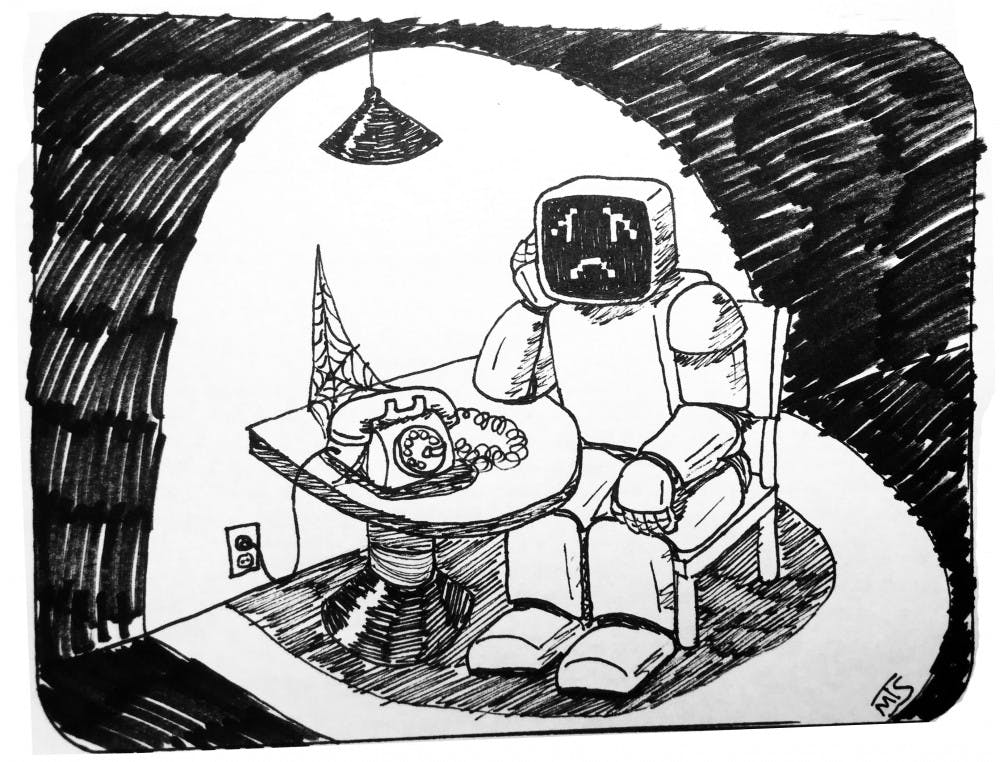A political organization has filed a case with the United States Supreme Court to overturn the state of Indiana’s ban on the use of robocalls, automated and prerecorded messages sent to thousands of phones at once, for political campaigns.
While it is still unclear whether the Supreme Court will take the case, the group, Patriotic Veterans Inc., claims that the ban violates their First Amendment right to freedom of speech. The Editorial Board believes that these calls should not be legalized.
The 7th Circuit Court of Appeals ruled against the group in January and claimed “preventing automated messages to persons who don’t want their peace and quiet disturbed is a valid time, place, and manner restriction.”
The Editorial Board agrees that robocalls should not be protected by First Amendment rights because it could be considered harassment if a barrage of automated calls assaults citizens’ phones.
If the ban were removed it would allow political movements outside of the mainstream, on both the left and the right, with just a little bit of money to obtain voter lists and call hundreds of voters at a time to spread their message. This could lead to individual citizens receiving an unreasonable number of political calls, with no way of blocking them because “do not call” lists often don’t matter to political activists.
The Editorial Board has members who have made political phone calls in the past and believes that making person-to-person contacts during political campaigns is a vital part of democracy. However, that is something that takes more time and resources to reach a large number of people.
Also, Indiana’s robocall ban is content neutral, which courts have generally upheld with more leniency than other bans that apply only to political speech. Corporations cannot use robocalls to advertise their businesses through this mechanism either.
A town ordinance in Arizona that regulated political speech on yard signs was struck down in the courts as an example of a content-specific statute. The Indiana law does allow for robocalling if the individual on the robocall list has given consent to a live-person caller to be placed on that list.
The Editorial Board believes it is reasonable for private citizens to be protected from a constant barrage of phone calls from every political organization, charity and corporation that wishes to market something to us, without first consenting to be placed on the list. We sincerely believe that this law does not violate the First Amendment and is in the public interest for it to be upheld by our courts.




